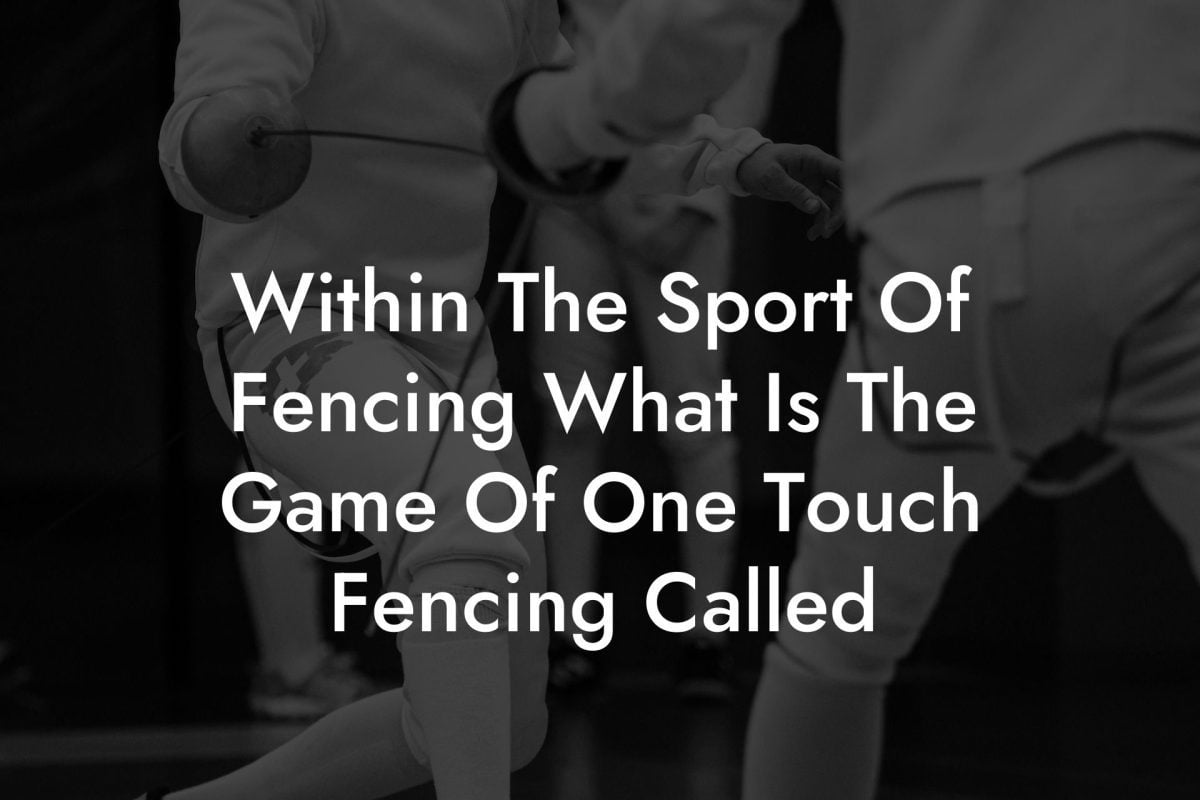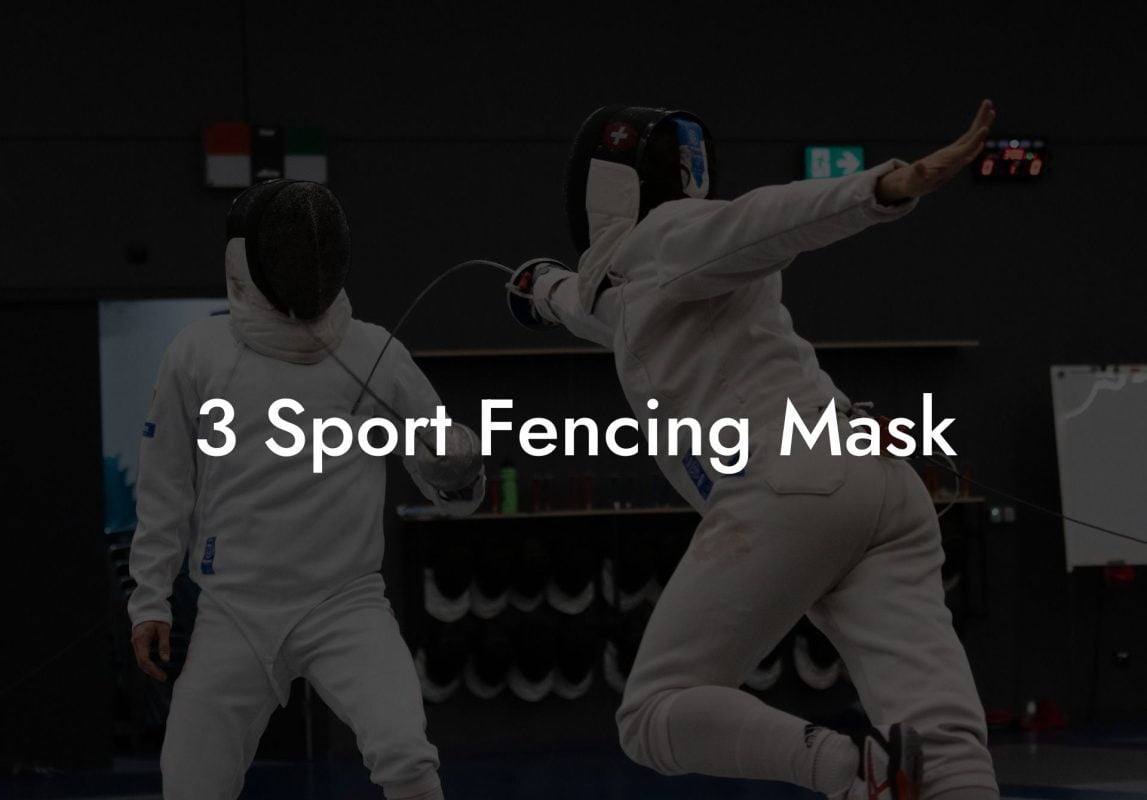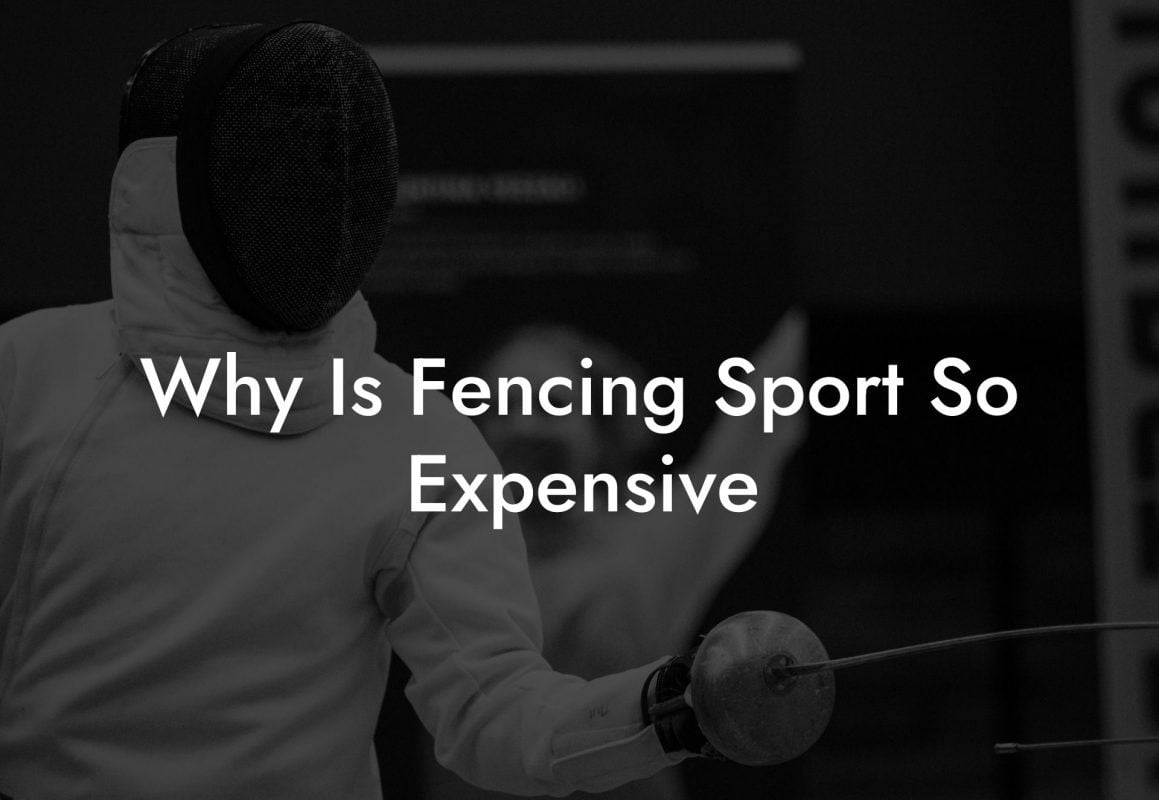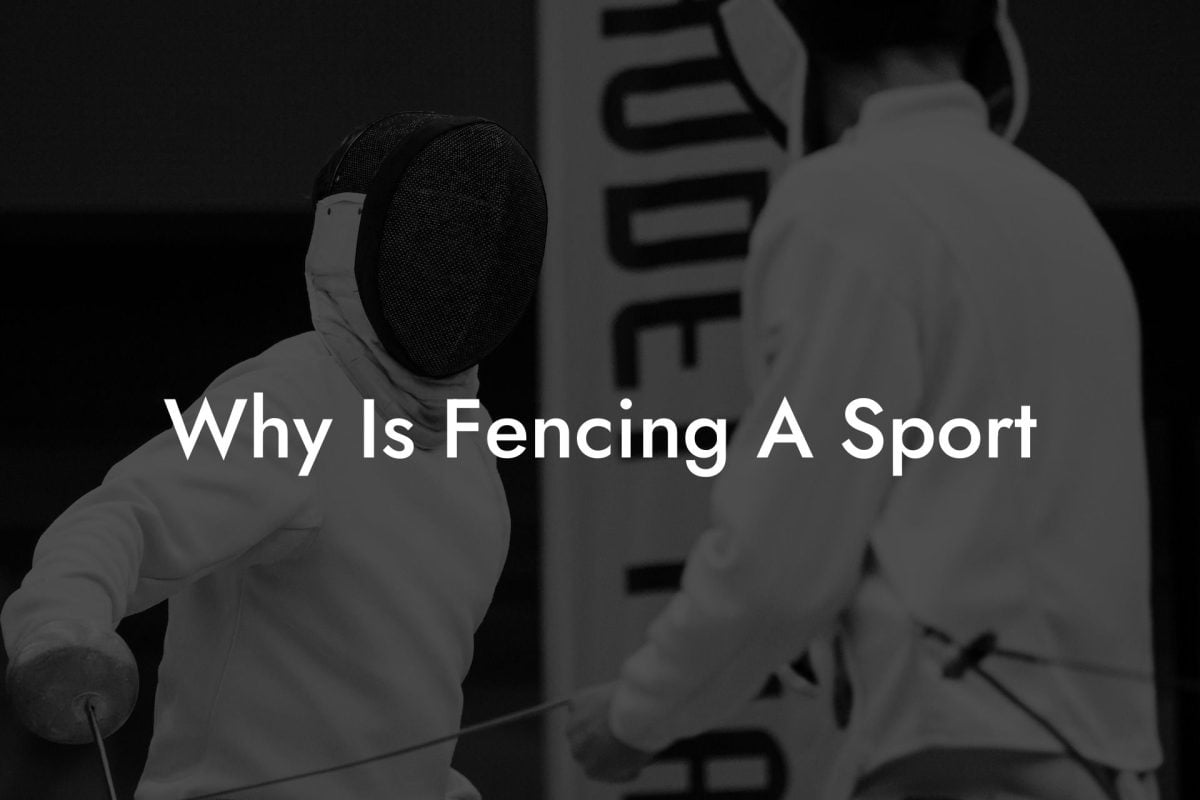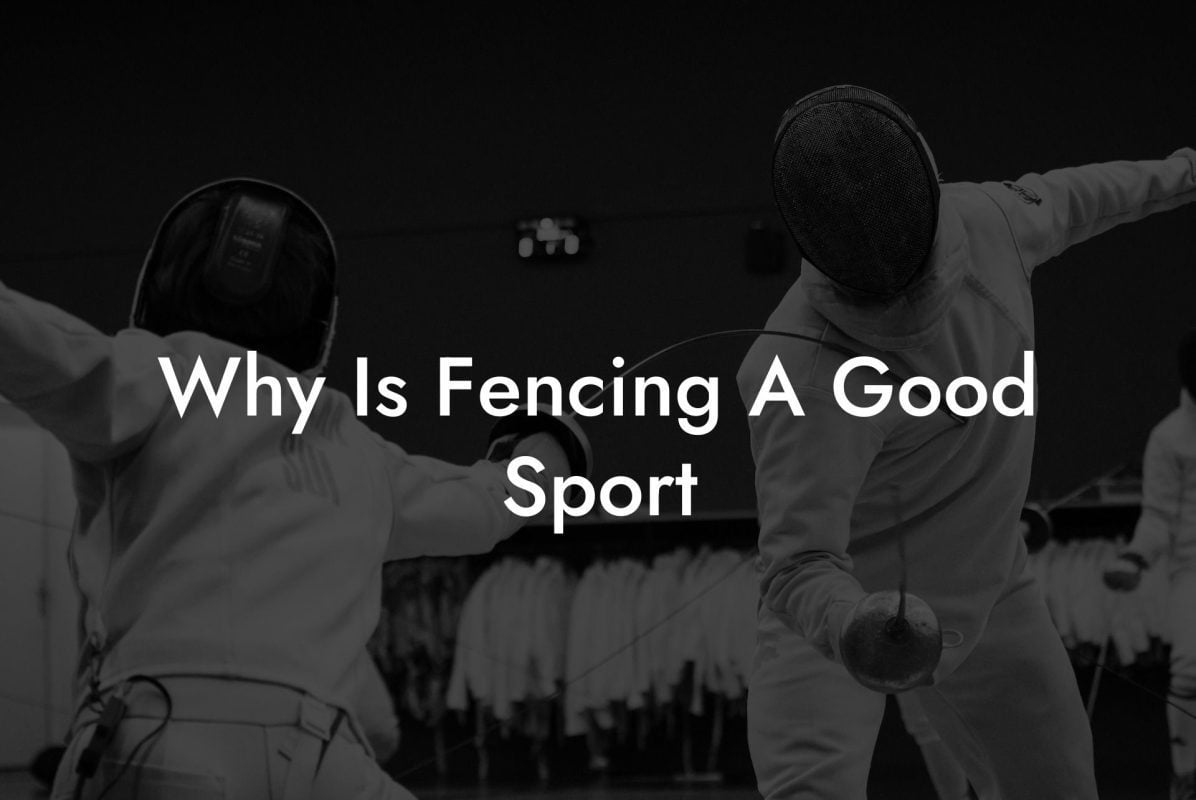Have you ever wondered how to communicate the fascinating world of fencing to a French-speaking audience? Whether you're looking to connect with international fencing enthusiasts, share your passion for the sport with friends, or simply expand your own knowledge, this article will provide you with everything you need to know. Get ready to discover the rich fencing vocabulary in French and immerse yourself in a new linguistic dimension of this age-old sport!
Fencing Sport French Translation Table of Contents
Basic Fencing Terminology
Here is a list of common fencing terms and their French translation:
- Fencing – Escrime
- Fencer – Escrimeur/Escrimeuse
- Sword – Épée, Fleuret, or Sabre (depending on the specific weapon type)
- En garde – En garde
- Attack – Attaque
- Parry – Parade
- Riposte – Riposte
- Lunge – Fente
- Retreat – Reculer
- Advance – Avancer
- Bout – Assaut
- Referee – Arbitre
Fencing Weapons Translated
There are three primary fencing weapons, each with unique characteristics and rules. Here they are in French:
- Foil – Fleuret
- Epee – Épée
- Sabre – Sabre
Fleuret (Foil)
Fleuret is a lightweight, thrusting weapon primarily used for training. Scoring is done with the point of the blade only and is limited to the torso. The "right of way" rule also applies, meaning the first to initiate a proper attack has the priority to score.
Épée
The épée is the heaviest of the three weapons, with a sturdier and larger blade. Scoring in épée fencing is done with the point of the blade, targeting the entire body. There is no right of way rule in épée, making it a more aggressive and tactical form of fencing.
Sabre
Unlike épée and fleuret, the sabre allows for both cutting and thrusting actions. Scoring is possible with the edge and point of the blade, targeting the opponent's upper body. Sabre follows the right of way rule like fleuret, but its unique scoring area and techniques make it a distinct and exciting form of fencing.
Common French Fencing Phrases
Here are a few popular fencing expressions in French to connect with fellow enthusiasts:
- Touché – Touché (literally meaning "touched")
- Tout est dans l'équilibre – It's all about balance
- L'attaque est la meilleure défense – Attack is the best defense
- Les coups sont rapides et furieux – The hits are fast and furious
Fencing Sport French Translation Example:
Imagine you're watching a fencing competition in France, and you want to describe the events to a friend. Here's an example of a fencing scenario in both English and French:
English:
The fencer quickly advanced, launching a powerful lunge attack. Their opponent expertly parried the attack and delivered a swift riposte, scoring a touché.
French:
L'escrimeur avança rapidement, lançant une attaque puissante en fente. Leur adversaire para avec expertise l'attaque et livra une riposte rapide, marquant un touché.
Voilà! Now you have everything you need to navigate the world of fencing in French. With this knowledge under your belt, you can share the excitement of the sport with others, expand your understanding, and connect with international fans. Don't forget to share this article with fellow fencing enthusiasts, and be sure to explore other guides on the Anchorage Fencing Club blog for even more fencing knowledge. Bonne chance et joyeux escrimage!


